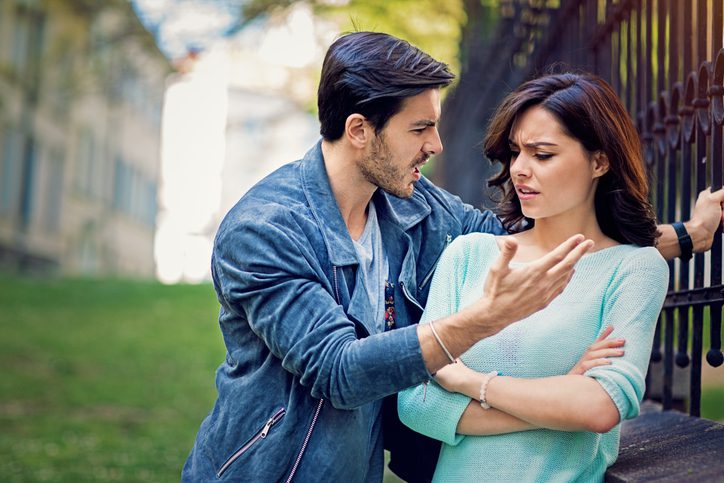It’s easy to blame yourself for the way another person treats you when you’re in addiction recovery. Maybe you’re feeling guilt or shame about the way you treated them or others when you were in active addiction, so you don’t question their mistreatment of you now. Yet some people are simply toxic. As you do the hard work of recovery, be cautious about who you let into your inner circle. If a person continually undermines your recovery efforts, they need to be kept at a distance.
Who Is a Toxic Person in Your Life?
Many relationships are worth rebuilding during recovery. Others are not, especially if the person’s presence, words, and behaviors make it harder for you to remain sober.
Most often, toxic people are those you used to use substances with or those who do not support your recovery efforts. They could be friends or family members. They may be coworkers or neighbors. Consider some examples of toxic behavior:
- Spreading inaccurate or private information about you to others
- Lying to you or creating problems in your relationships with others
- Trying to get you to drink or use drugs with them
- Behaving in a way that drains your energy, self-esteem, and motivation
- Being negative about everything to the point that it draws you down, too
If people in your life are making your recovery journey especially challenging, even if they were once good friends, they may be toxic. If someone in your life is not willing to love and support a recovering person but pushes you towards using substances again, that person is a danger to your sobriety.
Making the Decision to Change Your Social Circle
Addiction changes your mindset, impacting the people you spend time with, the types of experiences you have, and the overall way you deal with stress. Often, in treatment, you’ll learn about relapse triggers, and one of those is toxic people. To avoid addiction triggers, you may need to decide to distance yourself from certain people or avoid them altogether.
It is quite common for people in recovery to need to change their social circle. In recovery, your closest friends and family should be those who:
- Are a source of inspiration and strength for you
- Empower your journey to recovery
- Are 100% supportive of you and your health
- Are empathetic to your circumstances
- Are willing to foster trust and honesty with you
Identify the Toxic People in Your Life Through These Questions
One of the best ways to recognize a toxic relationship is to ask yourself a few specific questions:
- Does this person make you feel bad about yourself or about your recovery?
- Does this person encourage you to engage in addictive behaviors or do so around you?
- Do you find yourself questioning your recovery around this person?
One mistake many people in recovery face is balancing their reality and their desired confidence and strength. In other words, during addiction recovery, you may believe you can “handle” these types of people, but over time, they are more likely to wear you down. Toxic relationships will:
- Cause emotional distress – feelings of shame, self-doubt, or intense guilt
- Limit your self-improvement and growth by putting your whole focus on managing the difficult relationships
- Limit your support system, making it harder for those who truly want to help you to do so
Make a change today. Recognize that if someone is not supporting you, they are working against you and should not be a part of your recovery process. Even if the person is a close family member or spouse, it may be necessary to step away from them to focus on you.
Let The Ranch at Dove Tree Guide You
Healthy relationships have many benefits, and with our family therapy program, we can help you rebuild positive relationships. Learn more about how our team at The Ranch at Dove Tree can guide you in distinguishing the good from the toxic. Call us now to learn more.






